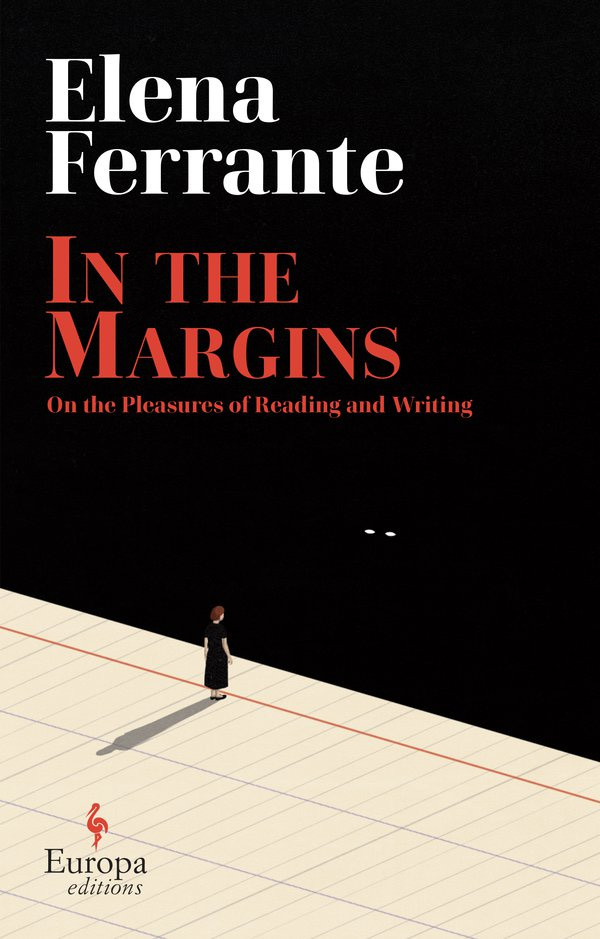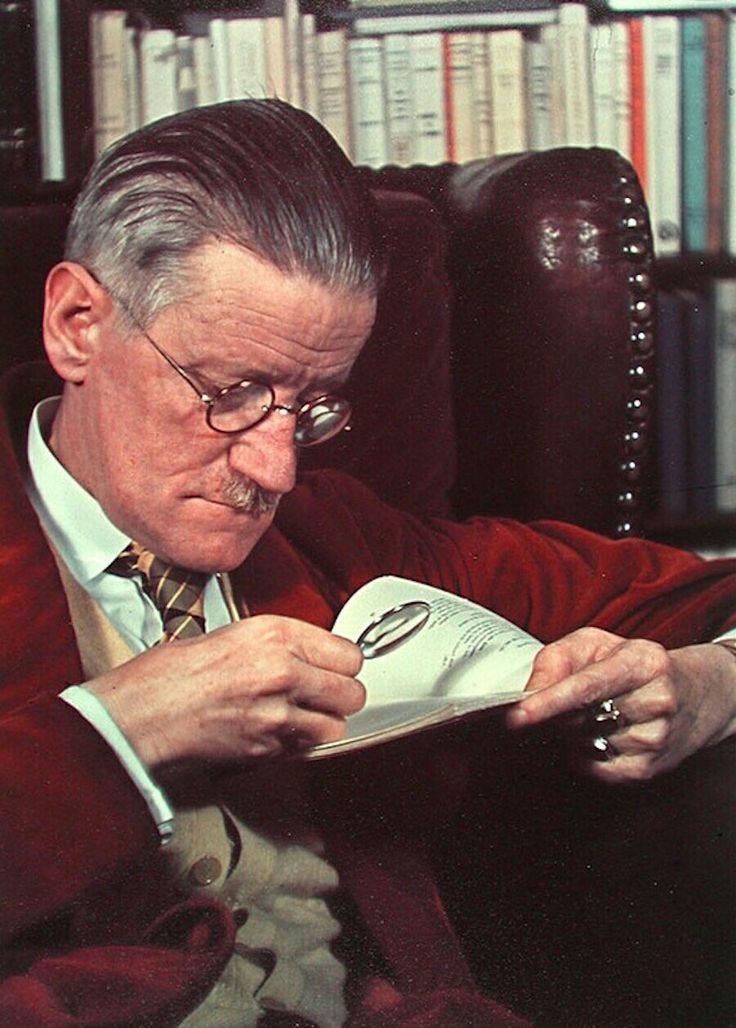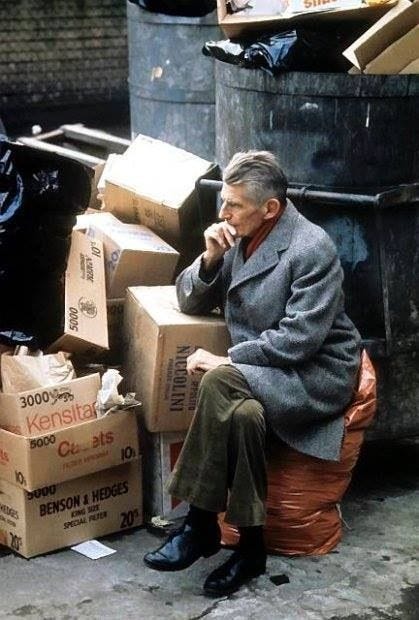Chapter 3: In the Margins
In the Shadows of Male Influence: A Writer's Struggle for Her Own Voice
Ah, the daunting introductions!
The introductions to both Nuala O'Connor's Nora and James Joyce's Dubliners remain, for now, a promise. I shall, one day, deliver them. Each book, a landscape of profound emotion, guides the reader down a winding path, illuminating the intricate world of human feelings, desires, and the quiet melancholy that often lingers beneath the surface.
In the Margins: On the Pleasures of Reading and Writing by Elena Ferrante
“A woman who wants to write has unavoidably to deal not only with the entire literary patrimony she’s been brought up on and in virtue of which she wants to and can express herself but with the fact that that patrimony is essentially male and by its nature doesn’t provide true female sentences.”
I first discovered the Italian-born author Elena Ferrante through a friend. Her most renowned work is the Neapolitan series.
As the title suggests, this book delves into the experience of reading and writing, tracing Ferrante’s literary journey from childhood to the present. Like many authors, she began as an avid young reader, her imagination shaped by the voices of male writers whose works dominated her early literary landscape.
When she turned to writing, those voices lingered, their cadences seeping into her prose. The literary gatekeepers, too, upheld these male styles as the standard—an unspoken expectation that defined what counted as literature. Yet in the works of Virginia Woolf and Samuel Beckett, Ferrante found liberation. Their writing helped her unearth her own voice, shaping the rhythms and narrative textures that would become distinctly hers.
The book unfolds as a series of lecture-style essays, offering glimpses into the way reading permeates Ferrante’s inner world, her writing process, and the quiet joy of keeping journals. It culminates in a meditation on the writer she has become.
At just a hundred pages, it is a brief yet resonant read—one that reminded me how difficult, yet essential, it is to unlearn in order to grow as a writer.
“I wanted to be a mirror. I assembled fragments according to a before and an after, I set one inside the other, a story came out. It happened naturally, and I did it constantly.”
Poems
To Live in this world
To live in this world you must be able to do three things: to love what is mortal; to hold it against your bones knowing your own life depends on it; and, when the time comes to let it go, to let it go. - Mary Oliver
O Small Sad Ecstasy of Love
I like being with you all night with closed eyes. What luck—here you are coming along the stars! I did a road trip all over my mind and heart and there you were kneeling by the roadside with your little toolkit fixing something. Give me a world, you have taken the world I was. - Anne Carson
Intense Love
Intense love always leads to mourning. —Louise Glück
Short Life
In this short Life That only lasts an hour How much - how little - is Within our power - Emily Dickinson
Fragments
Lying in the corner of a prison, I imagine that riveting landscape -- how the moon beaming on these bars must have risen in your courtyard too. - Ahmed Nadeem Qasmi
Around the Web
Jorge Luis Borges, ever the literary alchemist, often mused on the nuances of language, and his comparisons between English and Spanish are particularly fascinating. Yet, paradoxically, Borges wrote in Spanish—the language that shaped his dreams and his labyrinthine prose. Perhaps his admiration for English was not a dismissal of Spanish! Source
All photographs are memento mori. To take a photograph is to participate in another person’s (or thing’s) mortality, vulnerability, mutability. Precisely by slicing out this moment and freezing it, all photographs testify to time’s relentless melt - Susan Sontag, Twitter
“If your daily life seems poor, do not blame it; blame yourself, tell yourself that you are not poet enough to call forth its riches; for to the creator there is no poverty and no poor indifferent place.” - Rainer Maria Rilker, Twitter
From the Vault
A bespectacled James Joyce strikes a curious pose, his body folded into an angular dance—part marionette, part mischievous genius. Beside him, Lucia watches, caught between amusement and mystery. Source
James Joyce, hunched over a labyrinth of words, peering through a magnifying glass as if decoding a hidden scripture. Who is the author of the poem? Source
That’s an evocative image—Beckett perched atop a heap of discarded things, a philosopher of refuse, sifting through the wreckage of existence. Perhaps he's mulling over Dante’s infernal landscapes, the weight of words pressing against silence. Or maybe Endgame is gnawing at him, its closed spaces mirroring his own mind.
And Godot? Ah, always just beyond reach, a specter of expectation, forever deferred. Source





